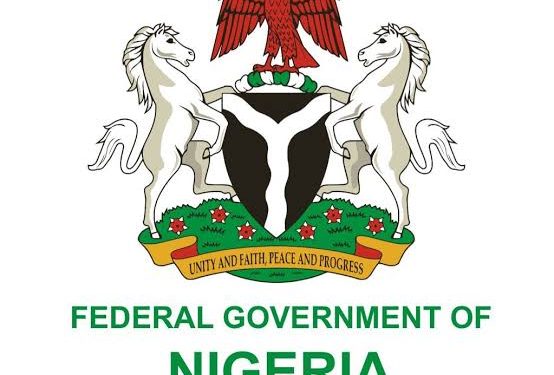Nigeria’s financial regulators are preparing to initiate sweeping reforms of the country’s credit reporting system, as the Central Bank of Nigeria (CBN) and the Nigeria Consumer Credit Corporation (CREDICORP) raise red flags over a growing debt crisis tied to digital lending platforms and outdated credit information infrastructure.
The move comes amid a sharp increase in the number of digital lenders operating in Nigeria, alongside mounting concerns about borrower defaults, poor data sharing among institutions, and regulatory blind spots in credit tracking.
CREDICORP’s Chief Executive Officer, Uzoma Nwagba, disclosed in a recent media interview that the CBN and CREDICORP are jointly reviewing Nigeria’s credit information framework, with plans to propose legislative amendments to the National Assembly in the coming months.
“We are facing a situation where the current credit reporting system cannot keep up with the pace and complexity of digital lending in the country,” Nwagba said. “A comprehensive reform is necessary to ensure accountability, protect consumers, and enable the growth of sustainable credit markets.”
A Credit System Under Pressure
As of May 2025, no fewer than 425 companies have been registered and licensed to offer digital loans in Nigeria, a steep rise from 320 just a year earlier. These include:
- 362 companies with full approvals from the Federal Competition and Consumer Protection Commission (FCCPC),
- 42 companies operating under conditional approval, and
- 21 lenders licensed directly by the CBN.
Most of these platforms primarily target low-income and underbanked populations with quick, unsecured loans — often disbursed within minutes through mobile apps. However, with weak borrower verification mechanisms and fragmented credit data systems, the risks of fraud and defaults have multiplied.
Industry analysts warn that without a robust and centralized credit reporting system, digital lenders lack the tools to accurately assess borrower risk, leading to reckless lending and widespread consumer debt traps.
Cracks in the Credit Infrastructure
Nigeria’s credit reporting ecosystem currently relies on a combination of private credit bureaus and regulatory reporting systems. But according to financial experts, the system is hampered by:
- Inconsistent data contributions from lenders,
- Limited integration between digital lenders and traditional financial institutions,
- Duplicate borrower profiles, and
- Weak enforcement of credit reporting obligations.
“Digital lenders are mushrooming faster than regulators can catch up,” says Amina Usman, a financial inclusion consultant. “Many borrowers take multiple loans across platforms, knowing that their credit history won’t follow them. It’s a regulatory nightmare.”
Legislative Push for Reform
To address these challenges, the CBN and CREDICORP are drafting proposals that may include:
- Mandating real-time credit data sharing for all licensed lenders,
- Establishing a centralized borrower registry accessible to both regulators and lenders,
- Introducing penalties for non-compliance with credit reporting requirements, and
- Strengthening the legal framework for credit scoring and borrower profiling.
These reforms are expected to require amendments to existing legislation governing credit reporting, data privacy, and financial services regulation. The CBN has indicated that consultations with the National Assembly are already underway.
Balancing Access and Responsibility
While regulators are keen to tighten oversight, they also recognize the role of digital lenders in expanding financial access. Millions of Nigerians — especially in rural or informal sectors — have benefited from quick access to loans, often for business, healthcare, or education needs.
The challenge, according to CREDICORP, is to strike a balance between promoting financial inclusion and ensuring responsible lending practices.
“We must create a credit culture that rewards repayment, penalizes abuse, and builds trust,” Nwagba noted. “This requires better data, stronger institutions, and smart regulation.”
As Nigeria navigates this pivotal moment in its credit market evolution, the outcome of the proposed reforms could reshape the financial landscape — setting new standards for transparency, consumer protection, and digital finance governance across Africa’s largest economy.















